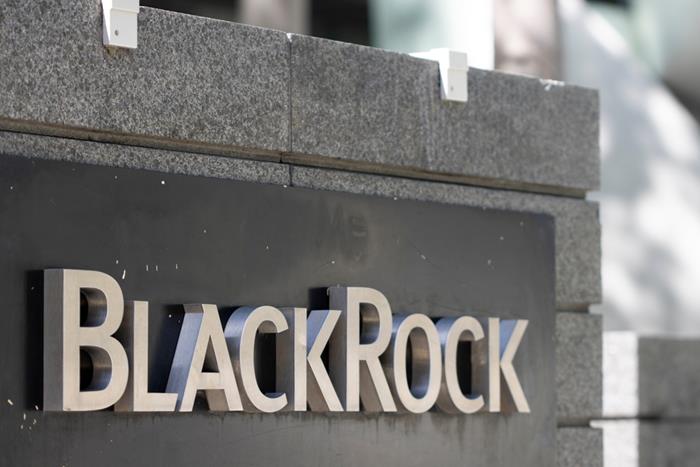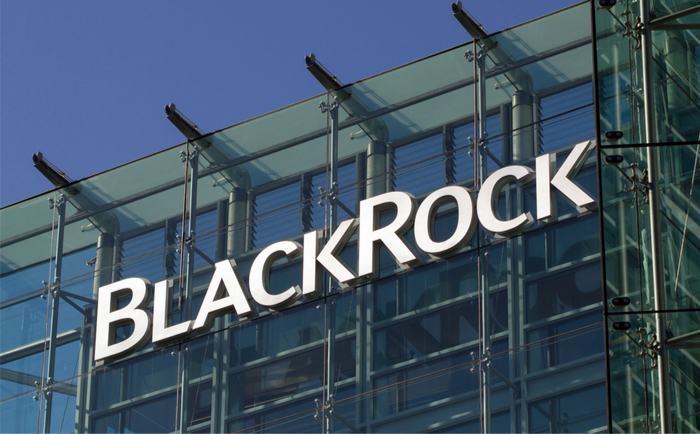London looks set to become the test bed for an experiment in allowing individual shareholders with money in BlackRock to vote their preferences during the AGM season.
The news comes in a letter from Larry Fink, BlackRock’s chief executive, and builds on developments at the fund manager in a project dubbed “Voting Choice” which allowed some institutional investors to express their voting preferences for proxy voting.
In the letter, Fink says BlackRock is working with a digital investor communications platform to enable investors in some mutual funds to “exercise choice in how their portion of eligible shareholder votes are cast”.
He adds: “This is an industry first to translate individual investor views into voting instructions.”
The move comes at a time when BlackRock has faced intense criticism from some quarters for its voting policies on behalf of investors. In October, treasurers in charge of investments funds at a number of Republican-run US states pulled their funds from BlackRock because they claim the fund manager’s ESG voting approach is biased against big energy companies.
BlackRock, the world’s biggest fund manager, has previously defended its voting decisions. When the US states in question first raised their concerns, the fund manager responded emphatically.
Majority report
“Governments representing over 90% of global GDP have committed to move to net zero in the coming decades,” said BlackRock. “We believe investors and companies that take a forward-looking position with respect to climate risk and its implications for the energy transition will generate better long-term financial outcomes.”
Fink’s latest letter acknowledges that individuals will find it inordinately time-consuming to filter through all the shareholder proposals in proxy season and suggests the service it will offer will be based on broad options.
Fink says BlackRock believes “all investors should be able to pick from a range of voting policies to reflect their preferences and that it should be as easy to do as it is to buy a mutual fund of ETF on your mobile phone today”.
He adds that getting the project off the ground will take work with “policymakers and regulators to explore what change in law and regulations are required and examine how operation infrastructure may need to be adapted to support those changes.”
BlackRock is not the only fund manager thinking this way. Vanguard announced earlier this week that it too is working on a way to enable individual shareholders to express their voting choices. The fund manager plans to run a trial early next year. Some observers believe BlackRock was bounced into announcement after Vanguard took the lead.
Setting up increased democracy should be relatively easy: there is already technology available in the market to help fund managers. Executives at Tumelo, a shareholder communications platform, have already held talks with some managers, including Legal and General Investment Management (LGIM). Tumelo is keen to talk up the benefits beyond voting.
Georgia Stewart, Tumelo’s chief executive, says “strong and effective” governance means not just providing tools, “it is also about creating an ongoing dialogue between asset managers and the companies they invest in.
“It’s about transparency, choice and better alignment between the underlying investors and the fund managers…”.
What about accountability?
There are those, however, with concerns. Anaïs Sachiko Gaiffe, an analyst with shareholder advisers SquareWell Partners, worries about the implications for transparency and accountability. “We fear that BlackRock’s initiative may potentially risk these two key pillars of effective stewardship if BlackRock does not provide adequate training to educate underlying clients, as well as informing on how the underlying clients vote,” she says.
On this last point, she adds, boards will need to know “which shareholder sends what message to the board of directors for them to act and engage.”
It’s still early days for shareholder voting projects like the ones planned by BlackRock and others: the details remain foggy, while watchdogs are still to offer their views.
Currently, attention is on process. Once the experiment begins, the focus will likely shift to outcomes. And there again, it remains premature to guess at how that might work out. Nevertheless, companies seem on the cusp of a new era of shareholder democracy.





